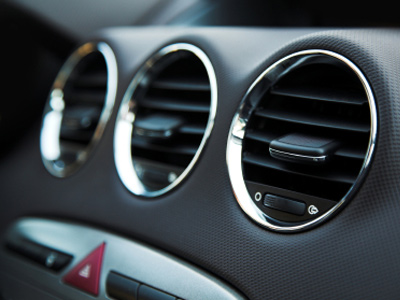The days are getting longer, the nights are getting shorter and the air is getting warmer. The season of summer activities and travel are upon us, and it is time to begin to plan ahead for the busy summer months. When it comes to you vehicle, a little of preemptive maintenance can really benefit you in the future and help you to avoid any mechanical headaches. AIS has compiled a list of maintenance tips in order to help keep your car ready for summer.
Air Conditioning
Before your air conditioning quits in the hottest month of the summer heat, you can inspect you car’s system for worn or damaged belts. The belt on your air conditioner drives the compressor, and if that breaks, you won’t get any air conditioning inside your car.
It also contains a condenser that looks very similar to a radiator. You can inspect the fins to be sure they are clear of debris because when air moves freely around the condenser, your car’s refrigerant is able to do its cooling job better.
Tires
It is important to have your tires rotated about every 5,000 miles and to check your car’s tire pressures once a month. It’s best to check them while they’re cold and before driving for any distance. Also, don’t forget to check your spare as well and be sure the jack is in good condition. You should examine your tires for tread life, uneven wearing, and cupping while also checking the sidewalls for cuts and nicks.
Cooling System
The number one reason for breakdowns in the summer months is because of overheating. Not only should the cooling system should be completely flushed and refilled about every 24 months, but the level, condition, and concentration of the coolant should be checked periodically. Your car should always have a 50/50 mix of antifreeze and water.
Summer’s intense warm weather can do a number on your car’s parts and well-being, but keeping up with regular maintenance and taking simple steps toward protecting your car will ensure your car keeps going for all summer.
The information in this article was obtained from various sources. This content is offered for educational purposes only and does not represent contractual agreements, nor is it intended to replace manuals or instructions provided by the manufacturer or the advice of a qualified professional. The definitions, terms and coverage in a given policy may be different than those suggested here and the language contained therein will govern such policy. No warranty or appropriateness for a specific purpose is expressed or implied.




